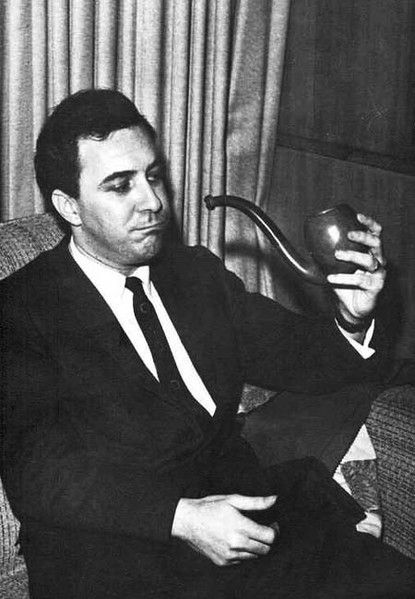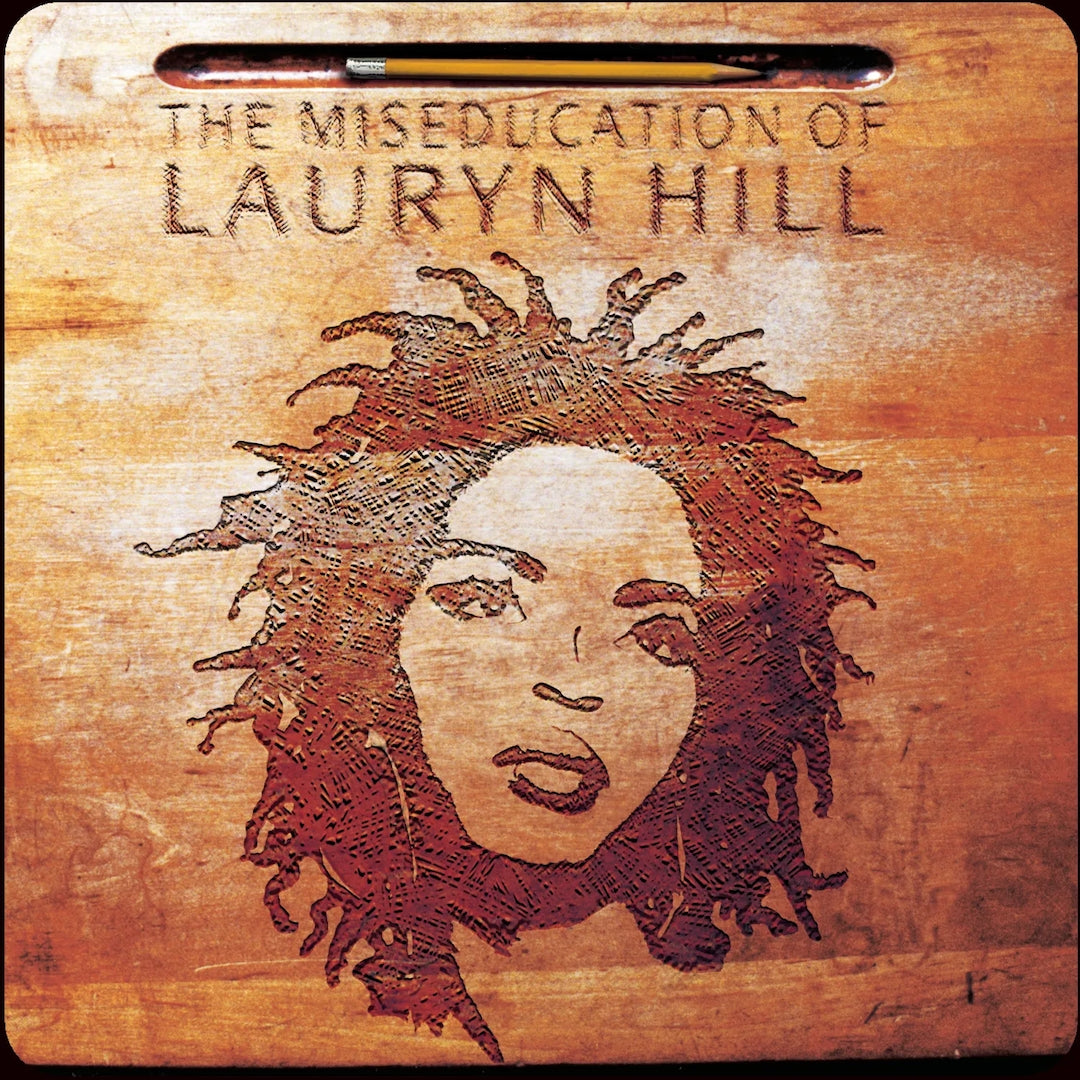João Gilberto, born on June 10, 1931, in Juazeiro, Brazil, was a musician whose unique style revolutionized Brazilian music and left an indelible mark globally. Known as one of the pioneering figures of bossa nova, Gilberto's approach to rhythm and melody reshaped the sound of samba by introducing a quieter, more intimate style.
João Gilberto's musical journey began at a young age. He was raised in Bahia, a region deeply rooted in the traditions of samba and Afro-Brazilian music. Gilberto’s love for music started in his teenage years when he began playing the guitar. Initially, he played samba in a traditional style, but it was his approach to rhythm that soon set him apart from his contemporaries. Rather than simply strumming the guitar, he pioneered a delicate fingerpicking style.

By the mid-1950s, Gilberto had relocated to Rio de Janeiro, where he further refined his musical style. Whilst initially, he caught the attention of other Brazilian musicians, it wasn't until he made a bold shift in his approach to rhythm and vocal delivery that his true potential began to shine. With the development of amplification in Brazil, Gilberto realised he did not project his voice as much. So like his change in guitar playing in the early 1950s, he adopted a soft, almost whisper-like vocal delivery. His intimate, pared-back style was unlike anything heard before in Brazilian music.
In 1959, João Gilberto released his groundbreaking album Chega de Saudade (No More Longing), which laid the foundation for what would become the bossa nova movement. The album’s title track, ‘Chega de Saudade’ written by Antônio Carlos Jobim, became an instant classic, captivating Brazilian ears.
At the heart of bossa nova was the fusion of samba rhythms with jazz, and Gilberto was one of the first musicians to experiment with this combination. His ability to play against the natural rhythms of samba while incorporating jazz's harmonies was revolutionary.

João Gilberto’s international breakthrough came with the release of Getz/Gilberto in 1963, a collaborative album with American saxophonist Stan Getz and vocalist Astrud Gilberto. The album featured the legendary song The Girl from Ipanema. This iconic song, with its smooth melody and cool, laid-back rhythm, became a worldwide hit and helped Bossa Nova gain international recognition.
So much so, that Getz/Gilberto won the Grammy Award for Album of the Year in 1965, further cementing João Gilberto's place in the history of modern music. The album also featured the distinctive vocal stylings of Astrud Gilberto, João’s then-wife, whose voice complemented his in a perfect balance of calm and charm. João Gilberto’s contributions to this album and Jazz and Brazilian music more broadly cemented his position in history as one of the greats.

Throughout the 1960s and beyond, João Gilberto continued to record albums and perform around the world. Though he did not always seek the spotlight, his music remained highly influential. While many of his contemporaries in the Brazilian music scene were more flamboyant, Gilberto's quiet demeanour and serene approach made his performances feel intimate and personal.
Gilberto’s later years were marked by personal challenges, including difficulties maintaining public appearances and recording albums. The musician had spent his final years wrapped in legal troubles, debts and disputes with his children. Gilberto lived alone since 2009. In 2011, he was sued and evicted from an apartment and in 2017, his daughter Bebel was seeking control of his financial affairs because of his declining mental state and increasing indebtedness. With little interest in giving interviews, he’d become known as the ‘reclusive genius’ in the streets of Leblón, the neighbourhood in a southern part of Rio where he lived but was seldom seen.
However, his musical legacy never waned. João Gilberto passed away on July 6, 2019, at 88, leaving behind a legacy that will continue to inspire musicians for generations. His music transcended borders and was embraced by listeners of all backgrounds. From his quiet, introspective guitar playing to his groundbreaking contributions to bossa nova, Gilberto was a true innovator, and his influence can still be felt in modern music today.






